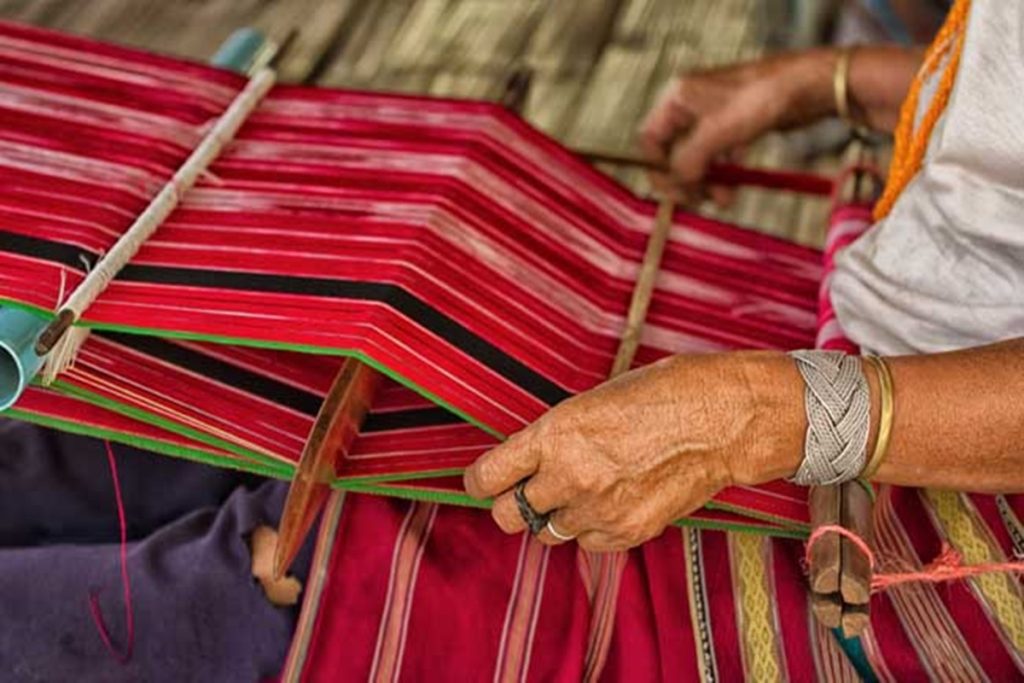On Thursday, the Scheme of Fund for Regeneration of Traditional Industries (SFURTI) provided sewing machines, tool kits, and access to raw materials to 80 home-based women artisans from Ahmedabad, Kadi, and Kalol.
The distribution of take-home kits and machinery was part of a project run by the Khadi and Gram Udyog Commission (KVIC), which is part of the Ministry of Micro, Small and Medium Enterprises, and implemented by SEWA Co-operative Federation, which is part of the SFURTI.
A common facilitation centre (CFC) under the Kalakruti Garment Apparel Cluster (KGAC) is being built in Kadi, Mehsana, where women artisans who are members of the Abodana Handicraft Cooperative and who do not have access to machinery or raw materials can use a well-equipped centre with machinery such as laser cutting machines, sewing machines, and a block printing unit, as well as a design cell.

It’s a three-year project that will group 309 women artisans into a cluster, provide skill-upgrading training, and provide them with long-term and sustainable livelihood options.
Aside from sewing machines, regular skill upgradation trainings and online and offline market linkage support will be provided to ensure that these women artisans can sell their products in a competitive market.
KVIC state director Nitesh Dhawan, KVIC state assistant director Ajay Rajpal, and consultant and board of directors of Garvi Gurjari Ritesh Singh were present at the first toolkit distribution.
Women artisans were the worst affected by the Covid-19 pandemic, according to a research study published earlier this month by SEWA Co-operative Federation, and several of them lost their livelihoods. Because of the ensuing lockdowns, they also had difficulty obtaining raw materials.
Because these women artisans did not have access to health insurance, unexpected increases in medical costs put them in a lot of financial trouble. According to the report, there is a significant gap in access to technology, particularly among informal women workers.



